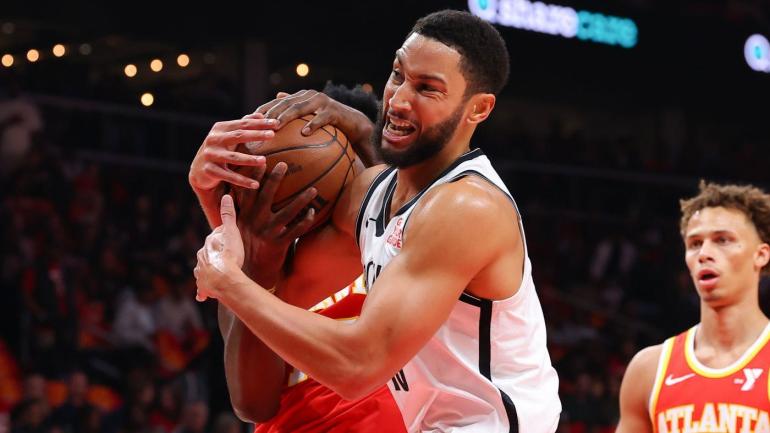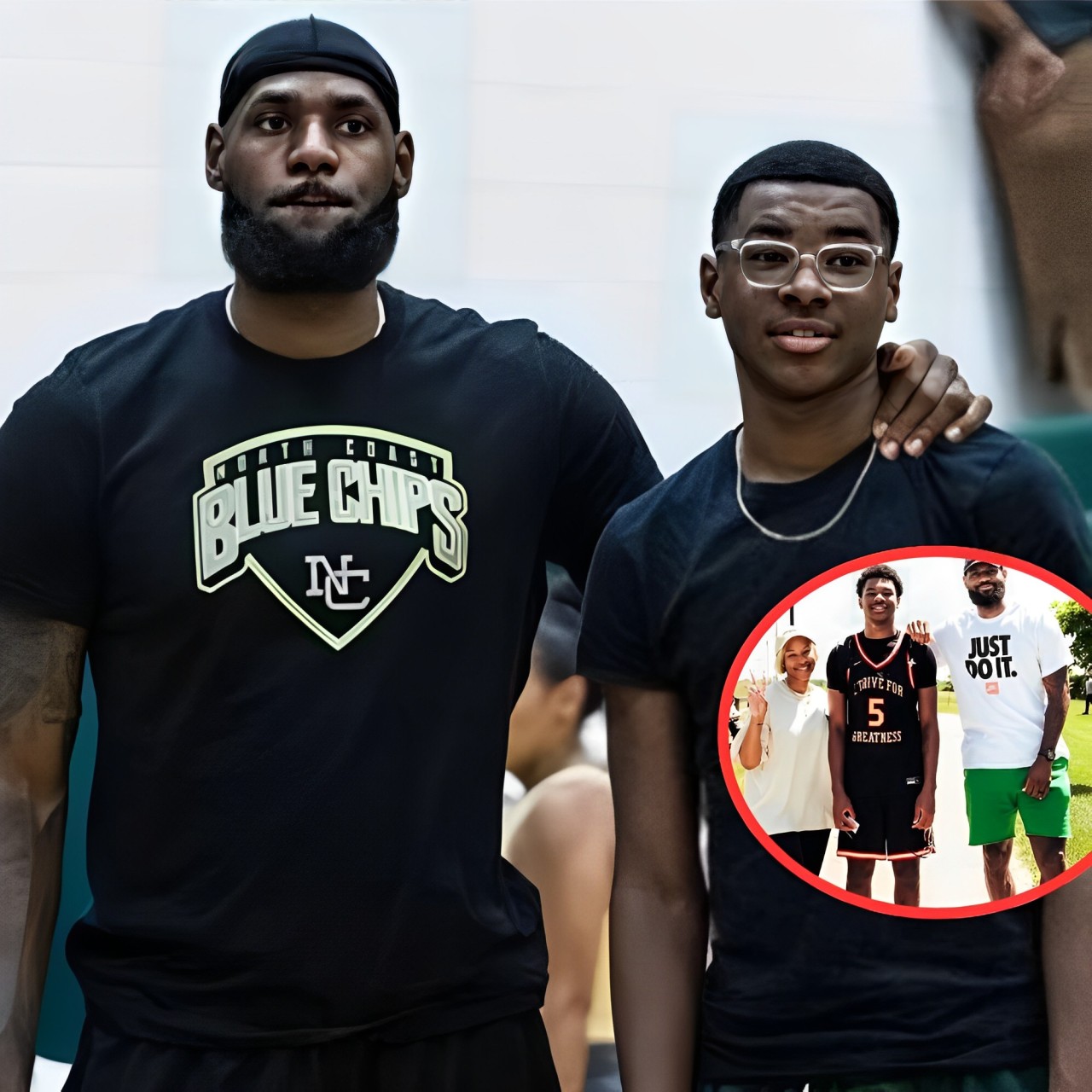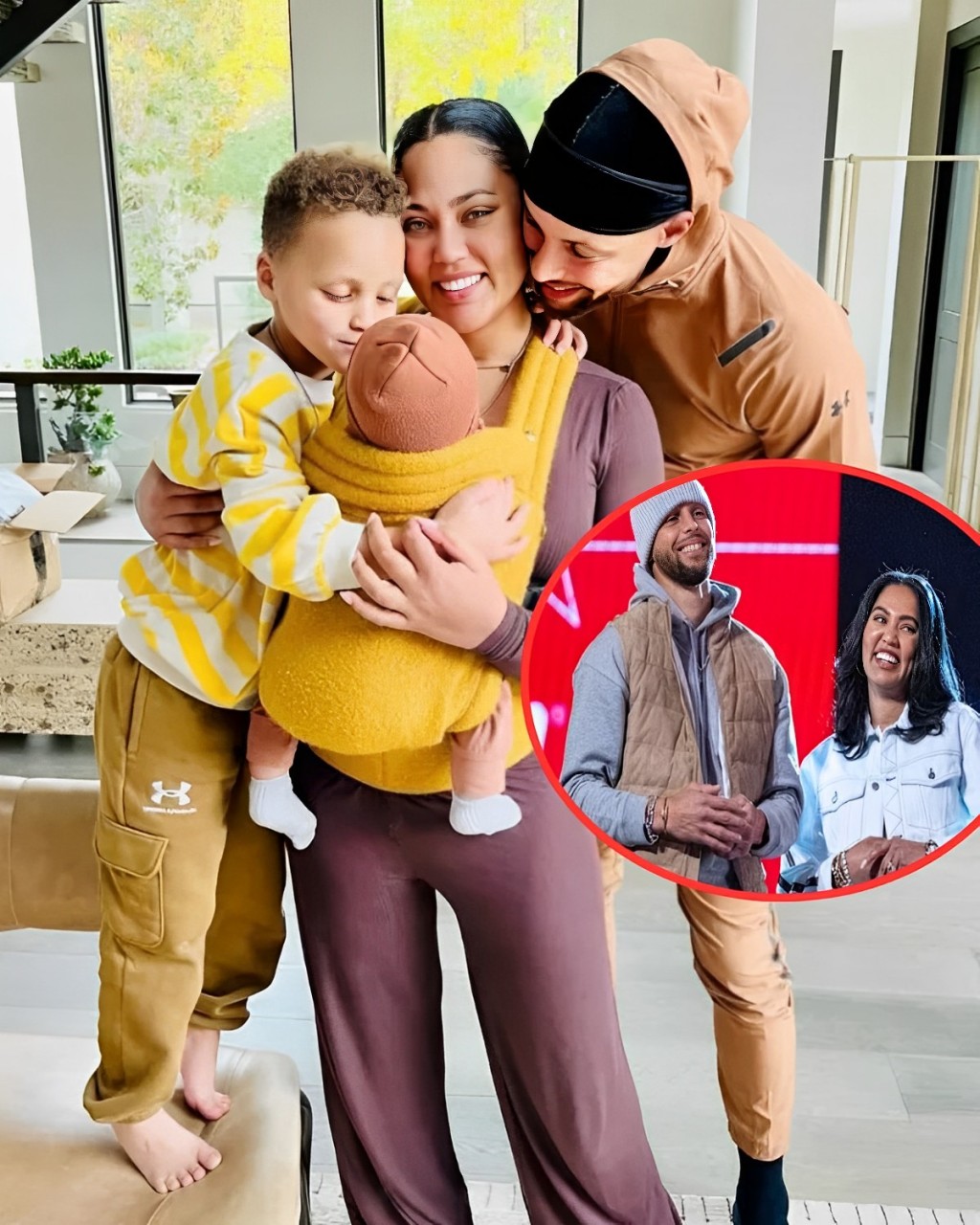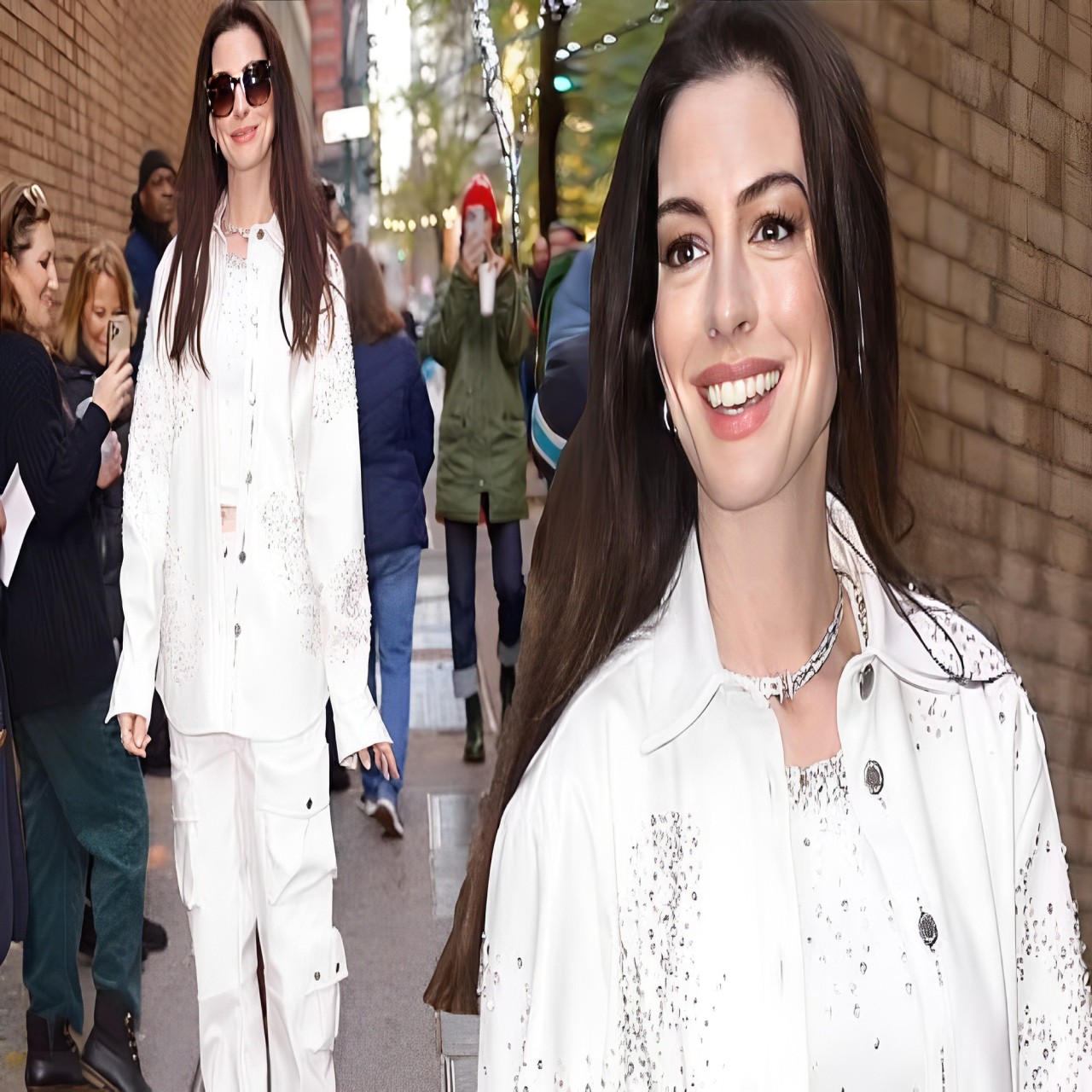Two-thirds of NBA teams opened their seasons on Wednesday

Getty Images
If we’re being absolutely technical, NBA opening night was on Tuesday. The champion Celtics got their rings. LeBron James and his son made history. The Knicks and Timberwolves got the (disappointing) early returns on their blockbuster trade. But in the end, only four teams actually played. The first Tuesday of the season is more of a soft launch. The real action always begins on Wednesday.
Of the 26 teams that didn’t play on Tuesday, 20 began their seasons on Wednesday. That’s two-thirds of the league opening their season on the same night, and we’ve got you covered on all of them. While it’s dangerous to read too much into a one-game, regular-season sample, here is one lesson from all 10 of Wednesday’s games to take with you as the season truly gets underway in the coming days.
1. A little space can go a long way for the Pistons
The Pistons had the dubious distinction of being the only team in the NBA last season to rank 25th or lower in both 3-point attempts and 3-point percentage. Poor shooting is obviously a problem in itself, but it affects every other element of an offense. There’s not much that a penetrating guard can do when the opponent can pack the paint with all of its defenders. That complete lack of shooting made it impossible to fairly evaluate Detroit’s young players. How much could we really take from the seasons Cade Cunningham and Jaden Ivey had a year ago under those circumstances?
Even now, nobody would mistake Detroit for a good shooting team. They went 9 for 33 from deep on Wednesday, after all. But the Pacers actually had to account for additions Tobias Harris, Tim Hardaway Jr. and Malik Beasley. Cunningham and Ivey had a modicum of space to work with, and the results were promising: 45 combined points and 12 combined assists in a 115-109 loss to a reigning Eastern Conference finalist. The win would have been nice, but this is an evaluation season for the Pistons. They have to know what they have in their perimeter players, and Wednesday was a nice first step.
2. Evan Mobley is going to be an offensive focal point
The Cavaliers just made Evan Mobley a max player this offseason, and clearly, they plan to make him earn that money on both ends of the floor. Mobley led the Cavaliers in scoring on Wednesday with 25 points, tying for the team lead with 14 shot attempts. He even attempted two 3-pointers, which might not sound like much, but he only did so 17 times a season ago. New coach Kenny Atkinson made a point of running offense through his young power forward, allowing him to bring the ball up and create shots for himself and others in Cleveland’s 136-106 blowout victory over the Raptors. If the Cavaliers are going to make their two-big lineup work, Mobley is going to have to grow as both a shooter and an overall offensive player, and Wednesday suggests that his team is all-in on making that happen.
3. Giannis isn’t Dame’s pick-and-roll partner
Milwaukee can’t argue with the effectiveness of its offense on Wednesday. The Bucks scored 124 points and made 16 3-pointers in their 124-109 win over the 76ers. The manner in which those points were scored is worth considering, though, in light of everything that led up to this opener. When the Bucks landed Damian Lillard last offseason, the expectation was that he and Giannis Antetokounmpo would form the NBA’s best pick-and-roll partnership. That didn’t happen, and when asked if they connected to work out together and perhaps improve their chemistry over the offseason, they revealed that they had not.
Well, sure enough, the Lillard-Antetokounmpo pick-and-roll was only a small part of Milwaukee’s offense in the opener. As was the case last season, Lillard’s preferred partner was Brook Lopez. Lillard scored 22 points in pick-and-roll against Philadelphia, according to Synergy Sports, but only one of those field goals and one trip to the foul line came out of pick-and-rolls with Antetokounmpo. Far more frequently, Lillard used Lopez as his screener, and while that play can certainly be effective for Milwaukee, the Bucks are going to need to figure out how to maximize their two best players in actions together if they are going to reach their championship potential.
4. Lonzo Ball is back!
He only played 13 minutes and 39 seconds, and his numbers didn’t exactly jump off of the page, but let’s all take a moment and acknowledge that Lonzo Ball played in a regular-season NBA game on Wednesday for the first time in 1,014 days — and in that relatively brief sample, he mostly looked like his old self. In the third quarter, he even threw a nice alley-oop to Zach LaVine.
There’s no telling how healthy Ball will be able to stay this season, and he might be a low-minutes player for the rest of his career. But seeing anyone make their way back onto the court after such a long absence is always heartening. Any amount of Lonzo Ball is better than none at all.
5. Ben Simmons is finally a center
For years, the basketball world told Ben Simmons he had to play center. That was the only position that could abide his absolute refusal to shoot 3-pointers — or really any jump shot at all. Well, the Nets are finally realizing that vision. On Wednesday, first-year head coach Jordi Fernandez started Simmons and four perimeter players: Cameron Thomas, Dennis Schroder, Dorian Finney-Smith and Cameron Johnson. They staggered Simmons and their $97 million center, Nicolas Claxton, almost entirely before Claxton’s fourth-quarter ejection. In pretty much every minute, Simmons functioned as a center, even if he’s still relatively small for the job.
The results were at least somewhat promising. The Hawks out-rebounded the Nets by only two. They outscored them by 14 points in the paint, but that had more to do with Brooklyn’s offense than a size deficiency on defense. The numbers won’t win him any awards: Simmons finished with six points, eight assists and five rebounds. But this could be a real opportunity for him to revive his career. He may never be a star again, but he could be a useful role player as a ball-handling big man.
6. Rumors of LaMelo Ball’s demise were greatly exaggerated
It may feel like LaMelo Ball had been out as long as his brother, but that’s not quite true. He played in 58 games over the past two seasons, with ankle injuries largely depriving him of the chance to build off of his 2022 All-Star selection. Fortunately, the Hornets took advantage of his absence to reinforce the infrastructure around him. He has a real running mate in Brandon Miller now, and a whole roster full of young, ascending role players to support him. Ball’s 34-point, 11-assist, eight-rebound performance led the Hornets to a 110-105 upset road win over the Rockets to start the season. If he can play at anywhere near this level moving forward, the Hornets look like one of the NBA’s most promising young teams.
7. The Magic are going on a (shot) diet
The Magic made the playoffs last season on the strength of their No. 3 ranked defense. They didn’t make it out of the first round because of their No. 22 ranked offense, and despite an offseason with plenty of spending, they didn’t exactly address the core issues that led to those scoring struggles. Orlando still doesn’t play a traditional point guard, and most of their lineups lean towards defense. What the Magic could do to address offense was improve their shot-selection. Last year’s team ranked 29th in the NBA in 3-point attempts at just over 31 per game. Against the Heat on Wednesday? They took 49 of them, making 18 en route to a 116-97 victory. It’s a bold approach to fixing their offense. If they perfect their shot-selection, they can improve on offense without sacrificing the defense-centric lineups that made them special a year ago.
8. The Grizzlies are embracing last year’s chaos
The Grizzlies made history a year ago when they used 33 different players throughout an injury-riddled season. One would think that, with a stronger and healthier roster this season, head coach Taylor Jenkins would want to settle into a slightly more consistent rotation this season. Nope. He used 11 players on opening night, and none of them got token minutes, either. Everyone who touched the floor for the Grizzlies in a 126-124 win played for at least 14 minutes. Nobody played more than 31, and lest you believe that gaudy minute-total went to a star like Ja Morant or Desmond Bane, alas, it was Santi Aldama. Granted, the Grizzlies were without several key players in Jaren Jackson Jr., Luke Kennard, Vince Williams Jr. and GG Jackson II on Wednesday, but Jenkins still took things much further than could have reasonably been expected. He wants to get a look at everyone on his roster, and he got the best of both worlds against Utah when his best players were still able to pull the game out late despite playing fewer minutes than usual.
9. Stephen Curry has a new Buddy
Stephen Curry and Klay Thompson once formed the greatest backcourt in NBA history, but Thompson hasn’t been the same player since returning from both a torn ACL and a torn Achilles. While his jumper remained stellar, over the past couple of seasons he simply couldn’t defend or create at the same level that he once did. That decline ultimately led to his exit from Golden State, and in his place, the Warriors added Buddy Hield to serve as Curry’s designated splash partner.
/cdn.vox-cdn.com/uploads/chorus_image/image/71751834/usa_today_19625334.0.jpg)
Hield is not nearly as versatile as Thompson was at his peak, but in terms of pure shooting? The gap is smaller than you’d think. Hield is a career 40% shooter from deep, and he has both made and attempted more 3-pointers per 100 possessions for his career than Thompson. Hield has four of the top 25 seasons in terms of overall made 3-pointers, whereas Thompson has only three. The Warriors will miss Thompson’s presence and experience, but if opening night was any indication, they won’t miss a beat in terms of shooting. Hield went nuts for 22 points in only 15 minutes, making five of his seven 3-point attempts in a 139-104 blowout win over the Trail Blazers. The Warriors have lost some size and offensive versatility without Thompson, but rest assured, they’ll still have more than enough shooting.
10. It turns out point guards matter
It made no sense on paper, but the Suns had the NBA’s least efficient fourth-quarter offense a season ago. They scored just 105.1 points per 100 possessions in the final frame despite having three shot-creating superstars in Kevin Durant, Bradley Beal and Devin Booker. The problem was that the Suns didn’t know how to properly utilize all of that talent, instead frequently devolving into an unorganized game of “your turn, my turn.”
They addressed that issue by miraculously signing Tyus Jones to a minimum-salary contract this offseason, and sure enough, the Suns looked like a legitimate offense down the stretch of their 116-113 overtime win over the Clippers. After scoring only 72 points in the first three quarters, the Suns came alive in the fourth and overtime, scoring 44 in total thanks in large part to the presence of an actual point guard. Jones finished the game with 11 points and eight assists, but more importantly, he led the Phoenix starters with a plus-six point-differential. The Suns were better with him on the floor because he could actually make use of all of their firepower within the flow of the offense, and if the Suns have truly figured out how to maximize their considerable talent, they’re going to be a major problem in the Western Conference.





